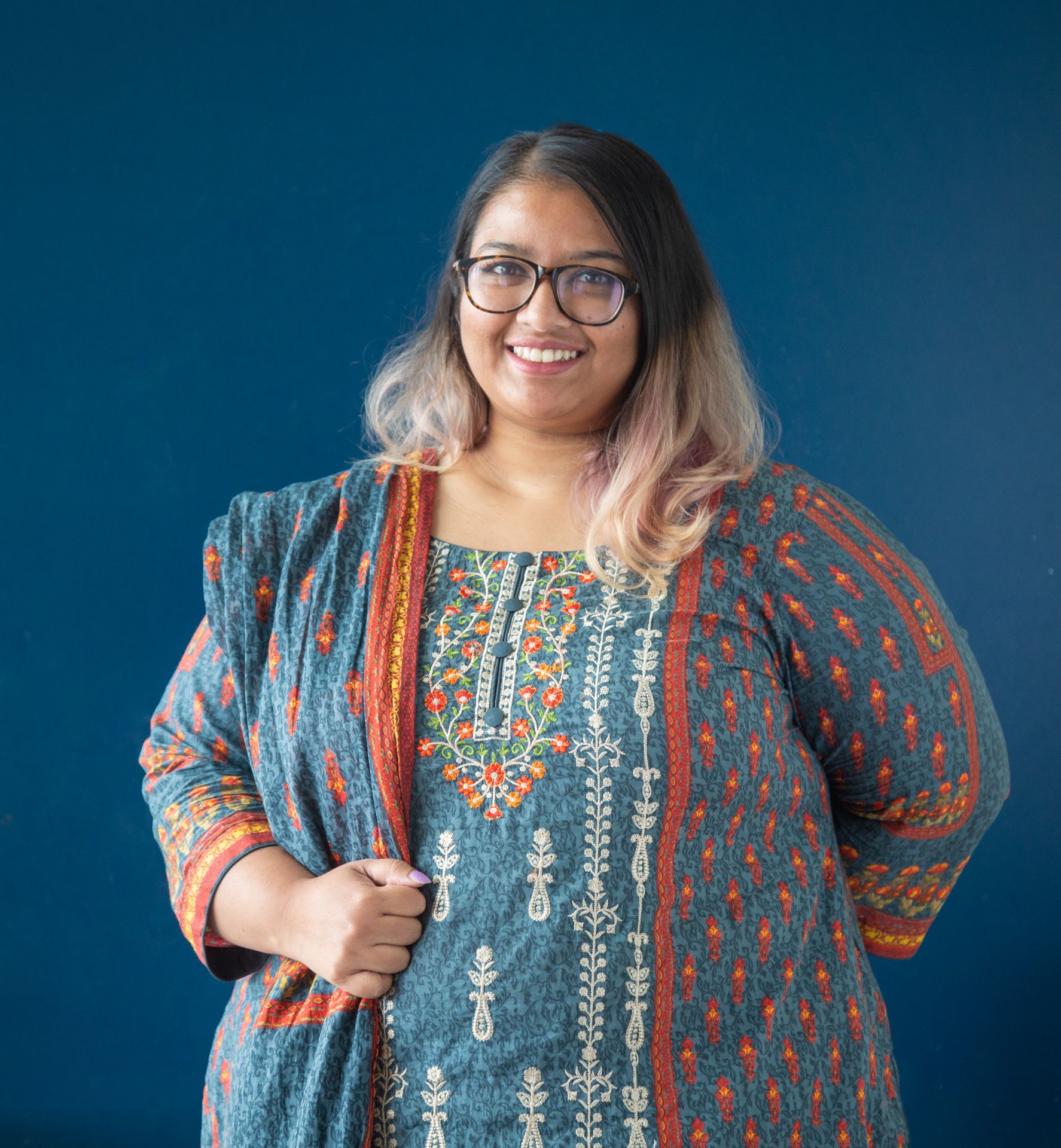Short Biography
Selima Sara Kabir is a Senior Research Associate at BRAC James P Grant School of Public Health at BRAC University where she gets to put her leadership skills and love for writing at work in collaboration with her passion for anthropological research. Selima has done her Bachelor’s in Biotechnology, with a minor in Anthropology from BRAC University in Bangladesh. She joined the School in 2019 under the Centre of Gender and Sexual and Reproductive Health and Rights. She has research expertise with qualitative and focused-ethnographic research with a focus on urban slum communities, adolescents, and marginalized groups. She is particularly interested in examining the impact of structural and intersectional factors on the ability of these populations to realize their health and rights and receive services, particularly by employing a gender lens to the analysis. She is keen to understand the role and impact of technology and digital spaces on the lives of adolescents, youth and minorities, and its intersections with notions of self and their health. Recently, Selim completed a project funded by Bill & Melinda Gates Foundation Gender and COVID-19, an innovative multi-country real time gender analysis to identify and document the gendered dynamics of COVID-19 and gaps in preparedness and response. Selima is also actively involved in teaching several courses in the international Masters of Public Health program offered at the School, including: Introduction to Public Health, Anthropology and Public Health, Gender, and Reproductive and Sexual Health and Rights.
Module(s) taught (in MPH)
- MPH 501: Introduction to Public Health
- MPH 512: Anthropological Approaches to Public Health
- MPH 660: Gender
- Sexual and Reproductive Health and Rights
Current Projects
1. Project: Strengthening health systems by addressing community health workers’ mental wellbeing and agency (SHINE) Donor: NIHR Role: Qualitative researcher
Selected Peer-Reviewed Publications
1. Rashid, S. F., Kabir, S. S., Ozano, K., Theobald, S., Aktar, B., & Siddika, A. (2021). Scarcity and resilience in the slums of Dhaka city, Bangladesh: In L. Manderson, N. J. Burke, & A. Wahlberg (Eds.), Viral Loads: Anthropologies of urgency in the time of COVID-19 (pp. 281–300). UCL Press. Retrieved from https://doi.org/10.2307/j.ctv1j13zb3.21 2. Kabir, S. S., Chowdhury, A., Smith, J., Morgan, R., Wenham, C., & Rashid, S. F. (2023). A Social Cure for COVID-19: Importance of Networks in Combatting Socio-Economic and Emotional Health Challenges in Informal Settlements in Dhaka, Bangladesh. Social Sciences, 12(3), 127. MDPI AG. Retrieved from http://dx.doi.org/10.3390/socsci12030127 3. Rashid, S. F., & Kabir, S. S. (2022). Social Science and COVID-19: Bangladesh Response. In D. Fussy, F. Obino & I. Rakhmani (Eds.), Social Science and COVID-19: The Southeast Asia Response (p. 12-19). GDN & IDRC-CRDI. Retrieved from https://www.gdn.int/sites/default/files/u115/Southeast%20Asia%20Compendium.pdf 4. Jahan I, Vuckovic M, Sara Kabir S, Rashid SF, Bouey J. Reproductive health service access and utilisation among migrant women in Dhaka's urban slums: a qualitative study. Cult Health Sex. 2024 Jan 27:1-15. doi: 10.1080/13691058.2024.2302052. Epub ahead of print. PMID: 38279843.
Other Publications
1. OP-ED: University in the time of corona (2021). Dhaka Tribune. Link: https://archive.dhakatribune.com/opinion/op-ed/2021/03/02/op-ed-university-in-the-time-of-corona
Research Interests
Gender Sexuality Digital Health Mental Health Emotional Health Medical Anthropology Social Sciences
Education
- BSc (BRAC University)
